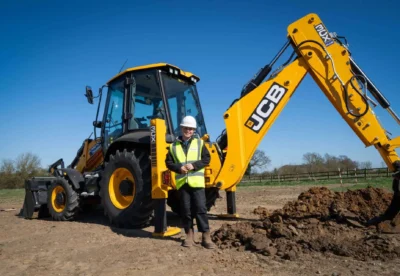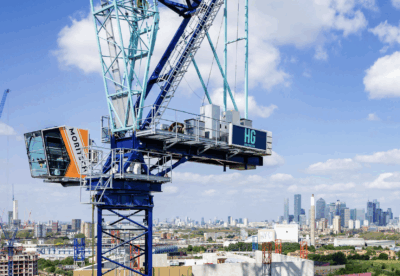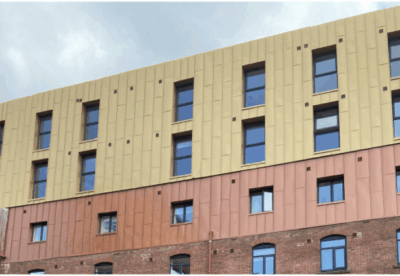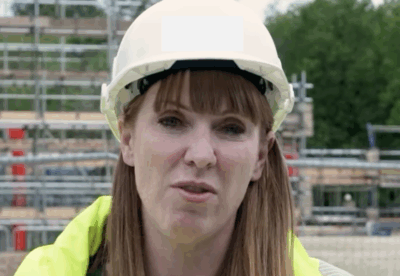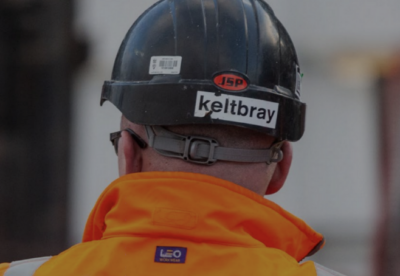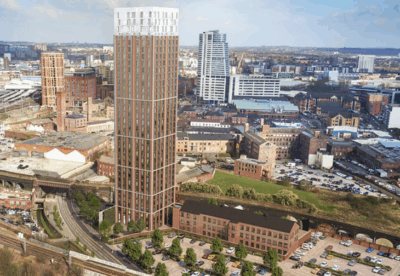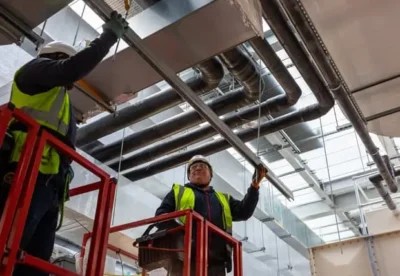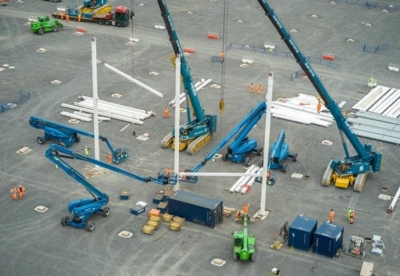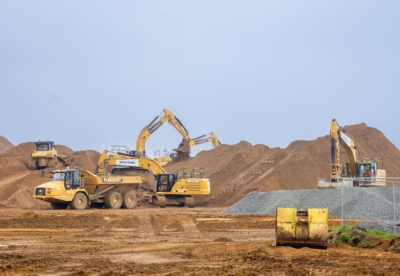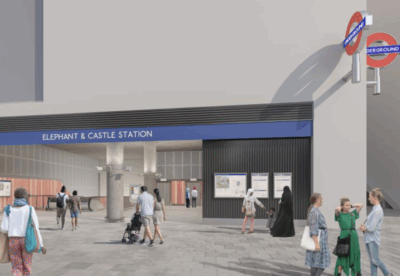Unite said it had completed replacement work on all buildings fitted with Grenfell-style ACM cladding and had now turned to assessing the extent of HPL cladding on its estate.
The Ministry of Housing has advised that the widely-used HPL cladding should be removed from high-rises if it is combined with combustible insulation.
Already Oxford City council has said it will remove HPL cladding whether it is backed by combustible or non-combustible insulation.
Sales of HPL cladding were on a par with those of ACM before the Grenfell disaster suggesting hundreds of buildings may be at risk across the country.
Unite said it had identified 19 properties with HPL across its estate, all but three of which are greater than 18 metres in height.
The majority of buildings have minimal HPL, covering less than a quarter of the buildings.
Unite said it aimed to make claims against contractors under its building contracts. But in the interim, the student developer has committed to spend £15-£20m over the next 12-24 months on remediation works, significantly more than cost of replacing ACM cladding on its estate.
Richard Smith, Chief Executive Officer, said: “We take fire safety extremely seriously and are at the forefront of new improvements, being one of the first to act on ACM advice.
“More recently, and in accordance with the Government’s Building Safety Advice of 20 January 2020, we are undertaking a thorough review of the use of HPL cladding on our properties.
“Tests of the materials and cladding systems are being carried out for each property. All our buildings have been confirmed safe for students to occupy by independent fire safety experts.”
He added: “Special measures have been put in place at the affected buildings, including increased building patrols by staff and additional alarm measures, and we will remove this cladding where it fails to meet the new requirements.
“We are committed to doing what’s right, in line with our values. We do not expect there to be any building closures related to these works.”





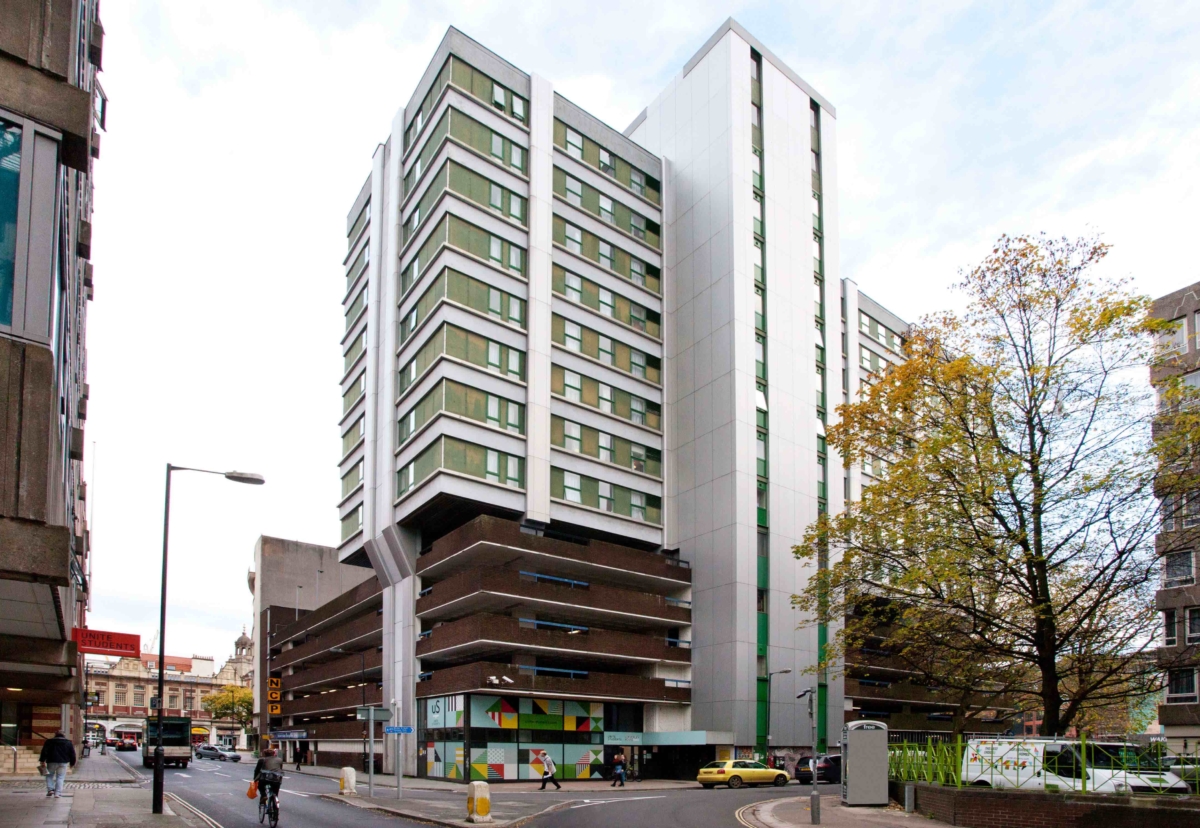




 (300 x 250 px) (2).png)

